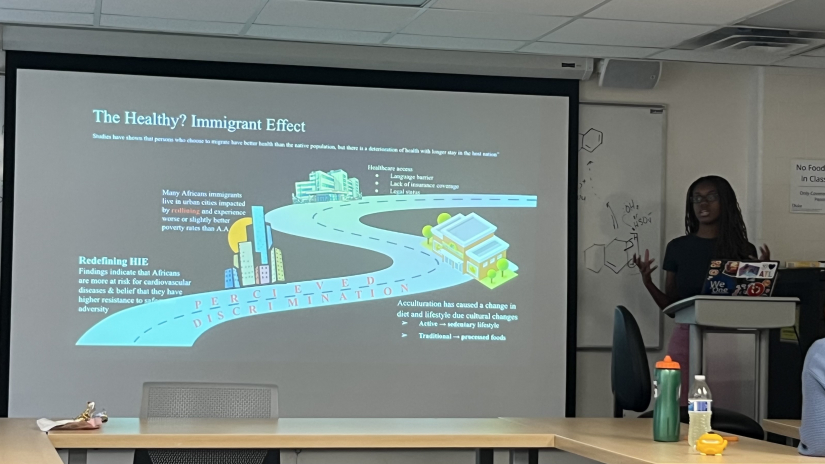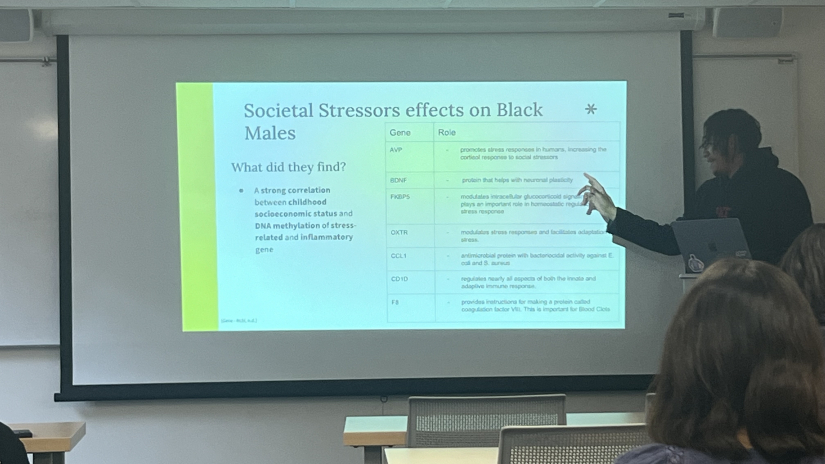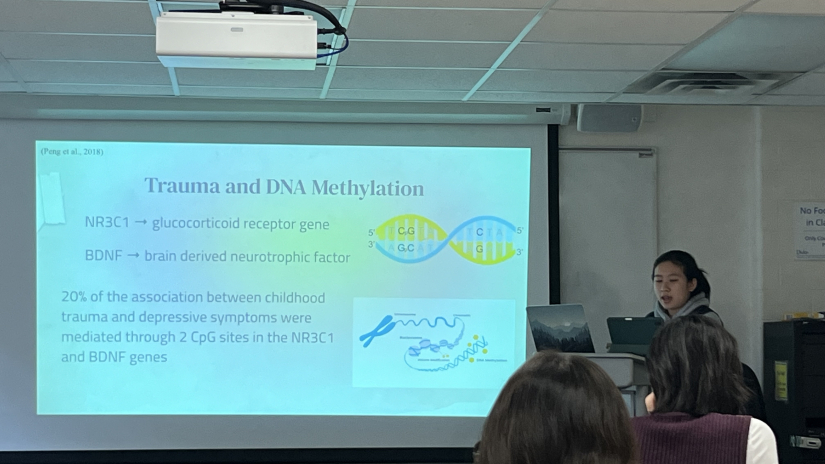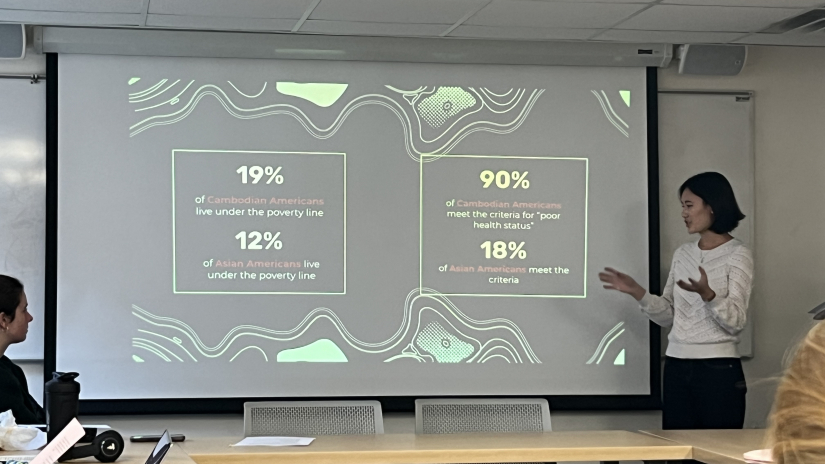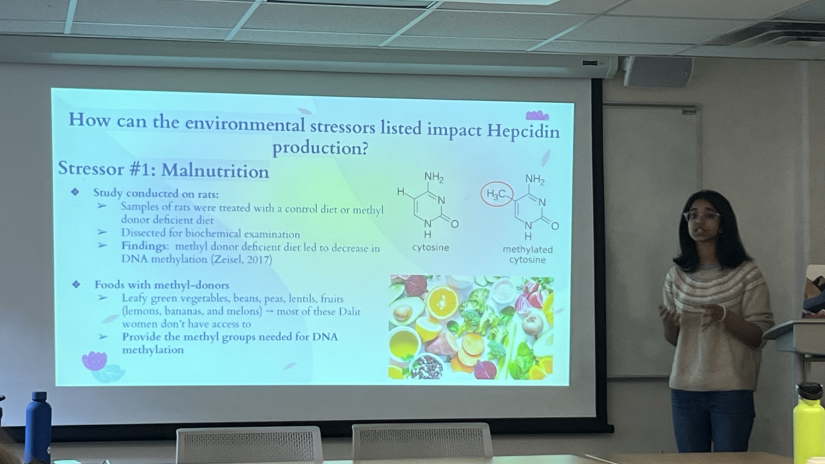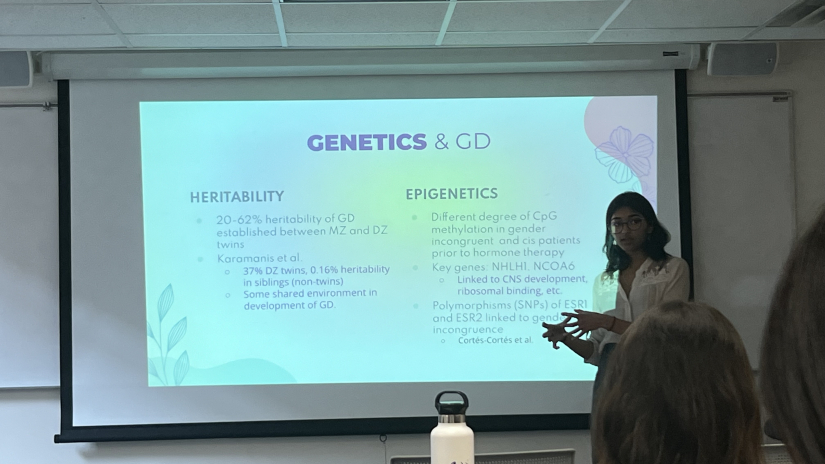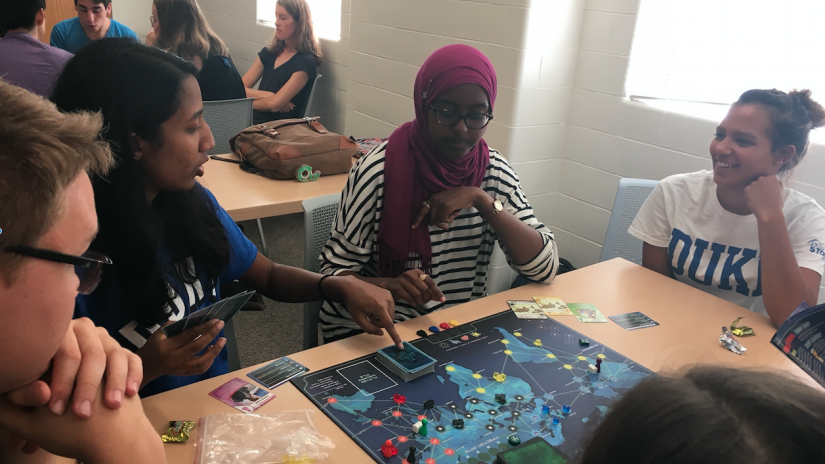Global Health: Problems and Paradigms
Overview
Health is affected, for better or worse, by almost every human act. Examining human health across regions, populations, and cultures reveals wide variations in health burdens and outcomes. However, how health inequity is generated and determining how to rectify it are complex processes requiring a range of methodologies. The goal of this FOCUS program is to help students identify factors that influence global health, ask critical questions about processes and paradigms to improve health, and develop possible solutions for targeted populations.
Courses
Biology 189FS/ African & African American Studies 187FS — Chronic Stress and Health (IJ, NW)

Sherryl Broverman, Professor of the Practice in Biology and Global Health
Chronic stress can alter health outcomes and contribute to health inequalities between peoples and populations. Childhood adversity has long been recognized as having a life-long impact on health via epigenetic changes. Recent research on stress and trauma has identified racism and marginalization as contributors to health inequalities, similar to the health impact of childhood adversity. However, when people encounter racial differences in health outcomes, they either incorrectly attribute them to genetic differences between socially constructed racial groups or focus on the powerful role played by the social determinants of health. This dichotomy is missing an understanding that the experience of racism or marginalization itself can cause physiological and epigenetic changes that increase health inequities. There is a robust literature on how the chronic stress of racism, marginalization, and trauma is codified in biological systems in a multitude of ways including increased inflammation; changes in gene expression; alterations in immune function; functioning of the placenta; telomere shortening leading premature aging; and possible changes in life history. This course will examine the evidence demonstrating the absence of genetic race in humans, therefore excluding race-based biology as a driver of health inequalities between groups. We will then examine the data for the epigenetic impact of racism and stress on minority or marginalized groups in the US and other countries as drivers of health inequalities. We will also address chronic stress from childhood adversity, as well as examine the research on building physiological and epigenetic resiliency.
Global Health 183FS - Community Health and Intercultural Awareness (SB)

Ernesto Ortiz, Senior Manager of Programs, Hubert Yeargan Center for Global Health
This course delves into the intricate relationship between community health, environmental health, and intercultural awareness within indigenous communities in Latin America. By examining socio-historical practices and interactions with the land, students will explore how these factors shape understandings of environment, health, well-being, and illness, and how they influence healthcare access, delivery, and outcomes. The course also emphasizes the importance of developing community health initiatives in the Andes and the Amazon to address health disparities and promote well-being among indigenous populations.
Global Health 180FS - Global Infectious Disease Dynamics: Epidemics, Science, and Society (CCI, STS, R, NW, NS)

Tom Carpino PhD, Postdoctoral Associate, Hock Fellow at the Duke Global Health Institute
English 190FS -

Charlotte S. Sussman,Professor of English





